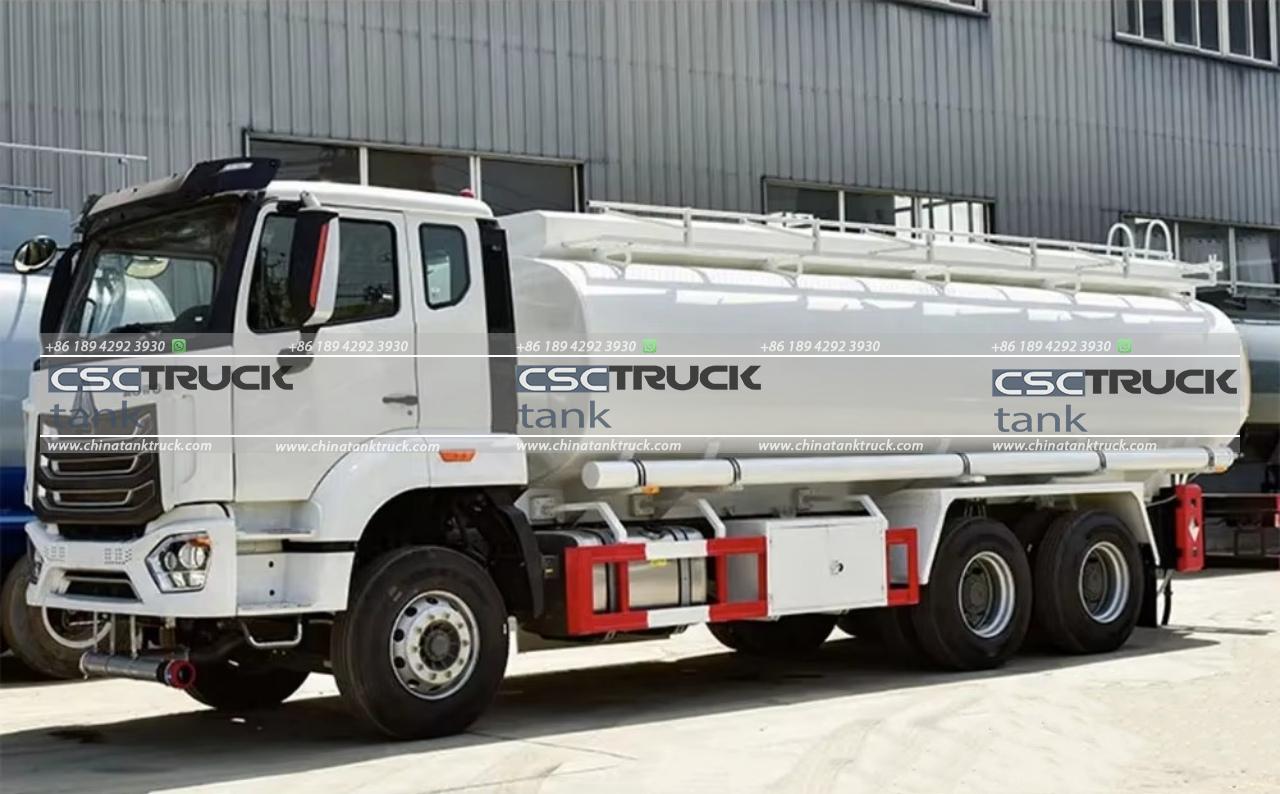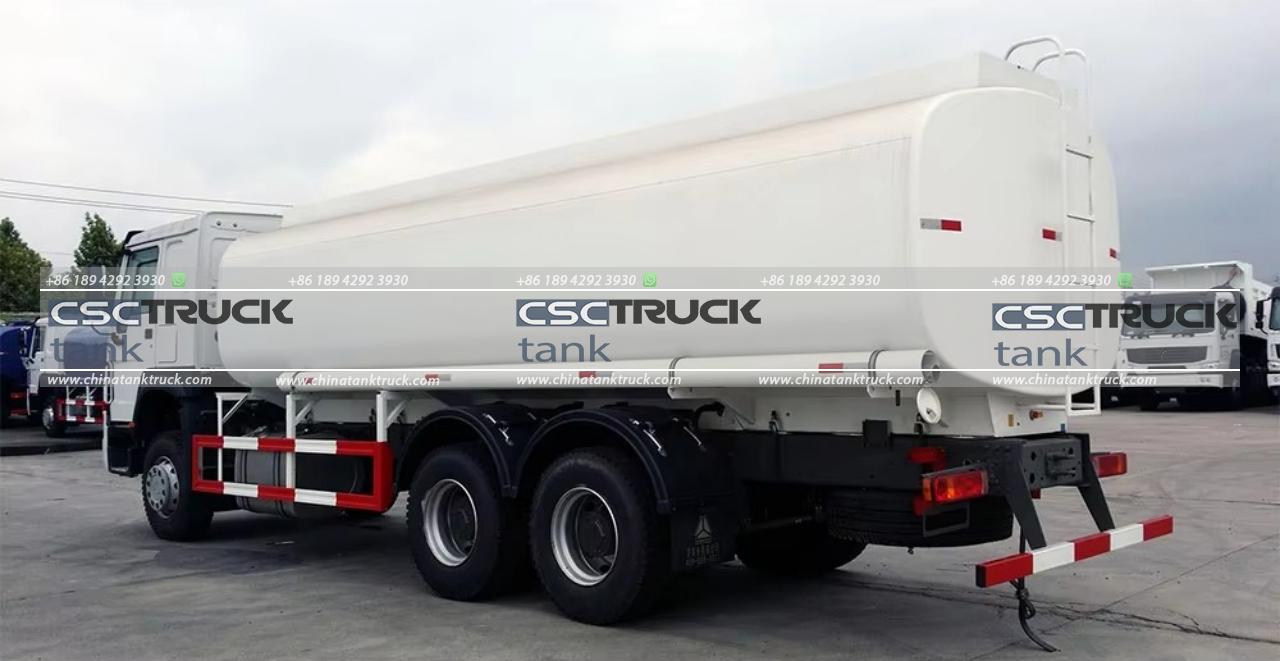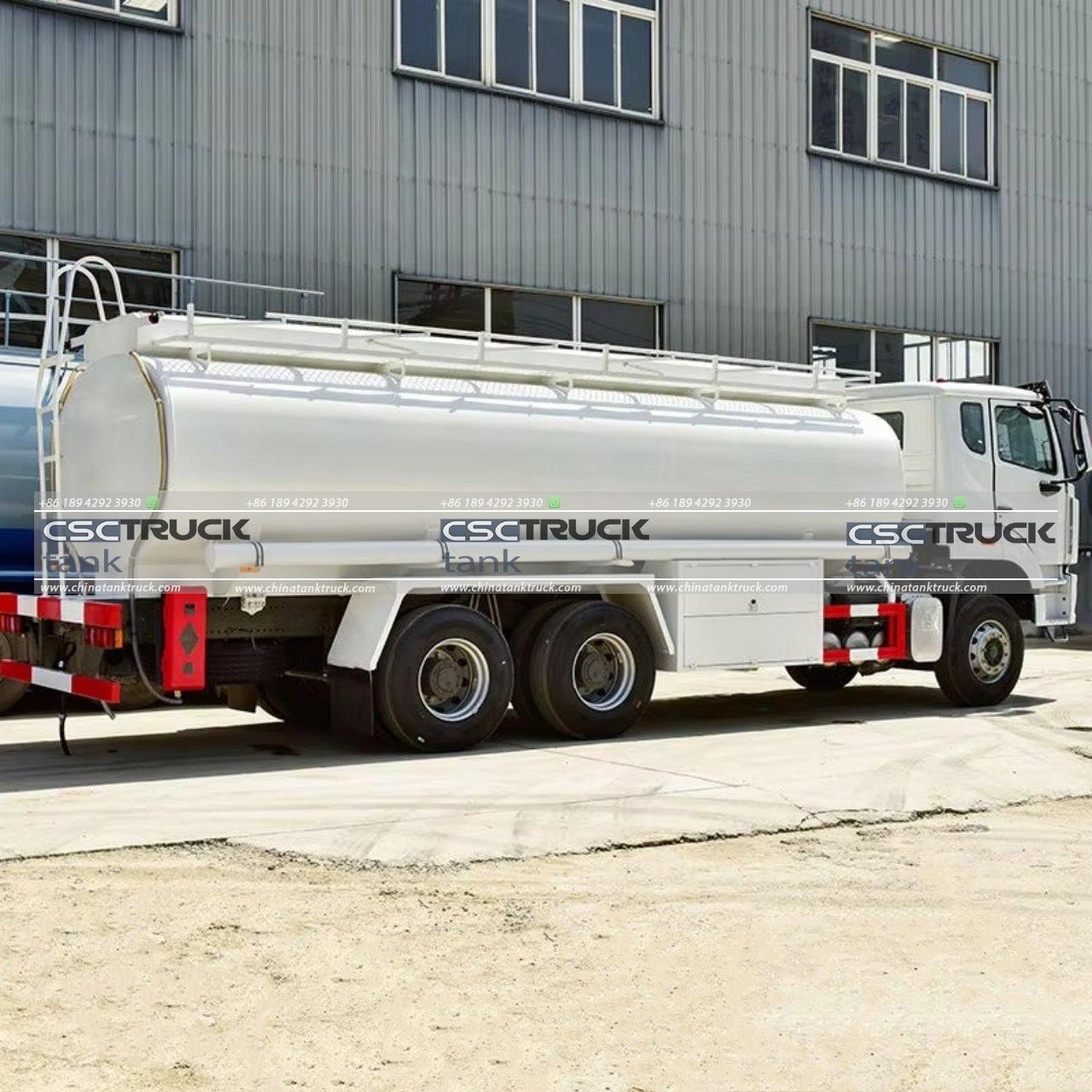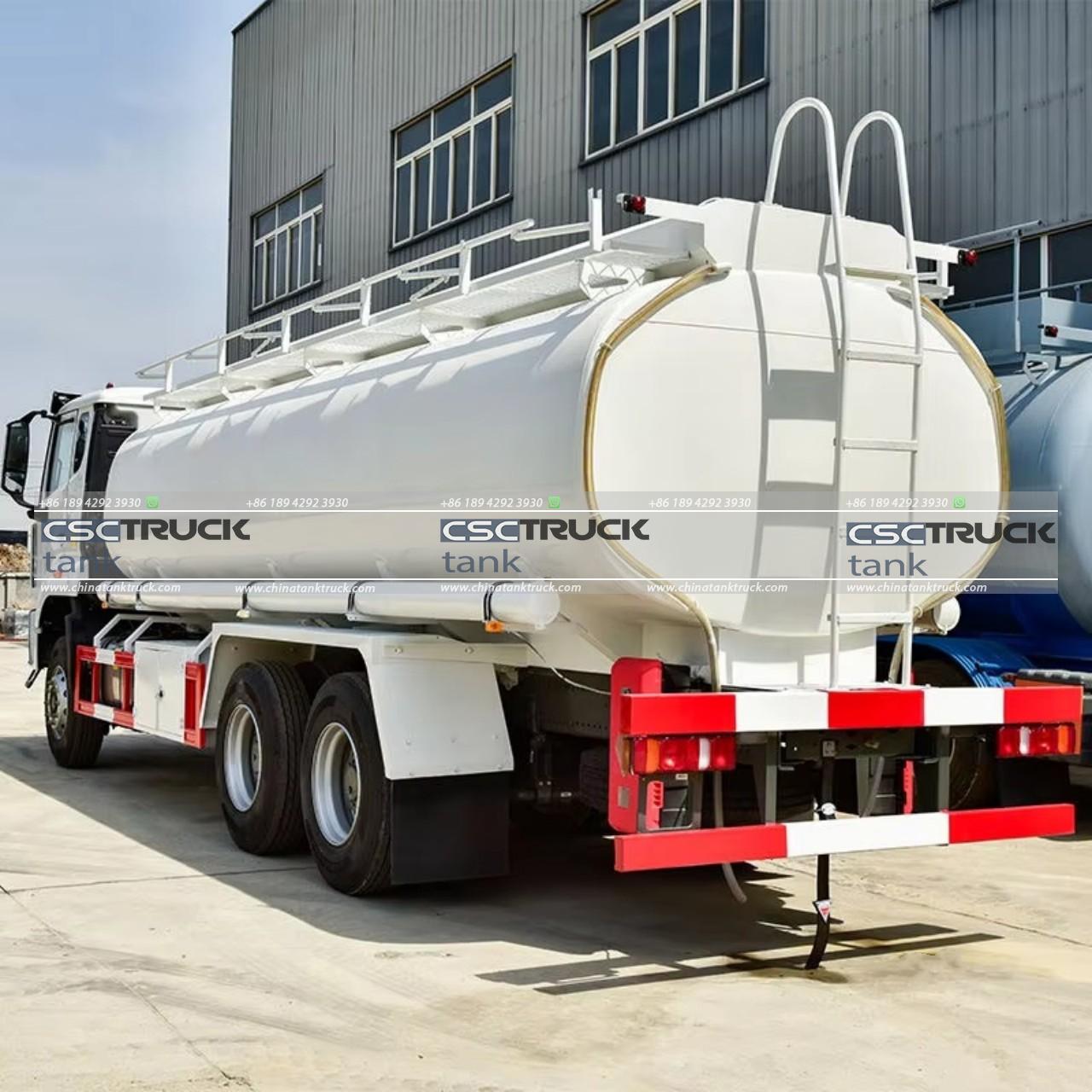What is the Name of a Fuel Truck? A Guide to Terminology, Types, and Functions
Fuel trucks are specialized vehicles designed to transport fuel safely and efficiently across short and long distances. These trucks serve a critical role in the distribution chain for petroleum products, ensuring that gasoline, diesel, and other fuel types reach gas stations, construction sites, airports, and various other locations. But have you ever wondered about the specific names and types of fuel trucks? In this article, we’ll explore the terminology, types, and functions associated with fuel trucks, giving you an in-depth understanding of these vehicles and their importance in the fuel industry.
Basic Terminology: What Do We Call a Fuel Truck?
The general term “fuel truck” is often used to describe any vehicle designed to transport fuel. However, other terms are also commonly used in the industry, including “tank truck,” “fuel tanker,” “petroleum truck,” and “refueler.” These names may differ depending on the truck’s application, fuel type, and specific design.
Common Names for Fuel Trucks:
– Fuel Truck: A broad term used for any truck that transports fuel.
– Fuel Tanker: A large vehicle specifically designed to carry liquid fuel in a tanker trailer.
– Fuel Transport Truck: This term often refers to larger vehicles that carry fuel over long distances, typically equipped with large capacity tanks.
– Refueler: A truck designed to deliver fuel directly to an end-user, such as airplanes or vehicles at a construction site.
– Petroleum Truck: A term more commonly used in the oil and gas industry to refer to trucks transporting various types of petroleum products.
Each of these names is used depending on the context, but they all refer to vehicles that share the common purpose of safely transporting liquid fuel.

Types of Fuel Trucks
Fuel trucks are designed in various sizes and configurations to meet different transportation needs. Here are some of the most common types of fuel trucks, each suited to specific applications and environments:
1. Small Fuel Delivery Trucks
– Capacity: Generally 1,000 to 4,000 gallons.
– Usage: Primarily used for local fuel delivery to gas stations, construction sites, or commercial businesses.
– Design: These trucks have a compact design that allows for better maneuverability in urban areas and on smaller roads. They are often equipped with multiple compartments to transport various fuel types in one trip.
2. Large Fuel Tankers
– Capacity: Ranges from 5,000 to 11,000 gallons or more.
– Usage: Designed for long-distance fuel transport, typically from refineries to distribution centers or gas stations.
– Design: Large tankers are built with high-capacity tanks and are usually hauled by heavy-duty semi-trucks. Their tanks are typically divided into compartments to prevent fuel shifting and reduce the risk of spillage or explosions.
3. Aviation Refuelers
– Capacity: Varies widely based on airport size and aircraft needs, often between 3,000 and 10,000 gallons.
– Usage: Primarily used at airports to fuel commercial or private aircraft directly.
– Design: Aviation refuelers are specially equipped to deliver jet fuel. They are often equipped with filters and pumps that ensure fuel cleanliness, and they have advanced safety features to prevent static electricity buildup during fueling.
4. Off-Road Fuel Trucks
– Capacity: Generally 1,000 to 5,000 gallons, depending on requirements.
– Usage: Used in off-road applications such as mining or construction, where fuel must be delivered to remote machinery and vehicles.
– Design: Off-road fuel trucks are built with rugged, high-clearance designs to handle rough terrain. They are equipped with pumps and hoses to transfer fuel efficiently on-site.
5. Portable Fuel Trailers
– Capacity: Typically less than 1,000 gallons.
– Usage: Used for small-scale fuel delivery or transport, often for personal or agricultural applications.
– Design: These trailers are lightweight and can be towed by standard vehicles, making them ideal for short-distance transport of small fuel quantities.
Components and Safety Features of Fuel Trucks
Fuel trucks are equipped with several specialized components to ensure safety and efficiency during transportation. Given the flammable nature of the materials they carry, these trucks are heavily regulated and designed with features that minimize the risk of accidents.
Key Components of a Fuel Truck:
1. Tank: The tank is typically made from stainless steel or aluminum to resist corrosion and withstand the pressure changes during transport.
2. Baffles: Baffles are barriers within the tank that reduce fuel sloshing, providing stability and reducing the risk of rollover accidents.
3. Pumping System: Fuel trucks have powerful pumps and meters that allow them to transfer fuel quickly and accurately.
4. Hoses and Nozzles: Hoses are used to transfer fuel from the truck to the storage tanks or vehicles, and they’re often equipped with specialized nozzles for precise delivery.
5. Vapor Recovery System: This system captures fuel vapors to prevent them from escaping into the atmosphere, thus reducing environmental impact and preventing fuel loss.
6. Safety Valves and Breakaway Couplings: These components minimize fuel spills in case of an accident or tank failure.
7. Grounding System: Fuel trucks are grounded during fueling to prevent static electricity buildup, which could lead to the ignition of flammable vapors.

Regulations and Safety Standards
Due to the inherent dangers of transporting fuel, fuel trucks must adhere to strict safety and regulatory standards. In the United States, these regulations are primarily enforced by the Department of Transportation (DOT) and the Environmental Protection Agency (EPA). Key requirements include:
– Hazardous Materials Placarding: Fuel trucks must display proper placards to indicate they are carrying hazardous materials.
– Regular Inspections: Fuel trucks are subject to regular inspections to ensure their safety components are functional and compliant with standards.
– Driver Training: Drivers of fuel trucks are required to have a Commercial Driver’s License (CDL) with additional endorsements for hazardous materials.
– Spill Containment: In the event of a fuel spill, trucks must have containment measures in place to minimize environmental impact and prevent fire hazards.
Uses of Fuel Trucks in Various Industries
Fuel trucks are essential across numerous industries, including transportation, aviation, construction, agriculture, and mining. Each of these sectors relies on fuel trucks to supply the energy necessary for their operations. Here’s a brief look at the role of fuel trucks in these industries:
1. Transportation: Gas stations rely on fuel trucks to maintain a steady supply of gasoline and diesel.
2. Aviation: Commercial airlines and private aviation depend on aviation refuelers for their jet fuel needs.
3. Construction and Mining: Off-road fuel trucks supply fuel to heavy machinery in remote locations, ensuring uninterrupted operations.
4. Agriculture: Portable fuel trailers are often used on farms to refuel tractors and other equipment directly on-site, reducing downtime.

The Future of Fuel Trucks
The landscape for fuel trucks is changing as the world moves towards renewable energy. Electric trucks, hydrogen-powered vehicles, and other technologies are in development, which may eventually reduce the demand for traditional fuel transport. However, for the foreseeable future, fuel trucks will remain essential for supplying fuel across industries worldwide.
Conclusion
A fuel truck, whether called a “fuel tanker,” “refueler,” or “petroleum truck,” plays a pivotal role in the transportation of fuel. From small delivery trucks to large fuel tankers and specialized aviation refuelers, these vehicles are indispensable for keeping industries, businesses, and individuals supplied with fuel. As technology advances and the industry evolves, fuel trucks will continue to adapt, ensuring they meet both safety standards and the changing needs of the modern world.


